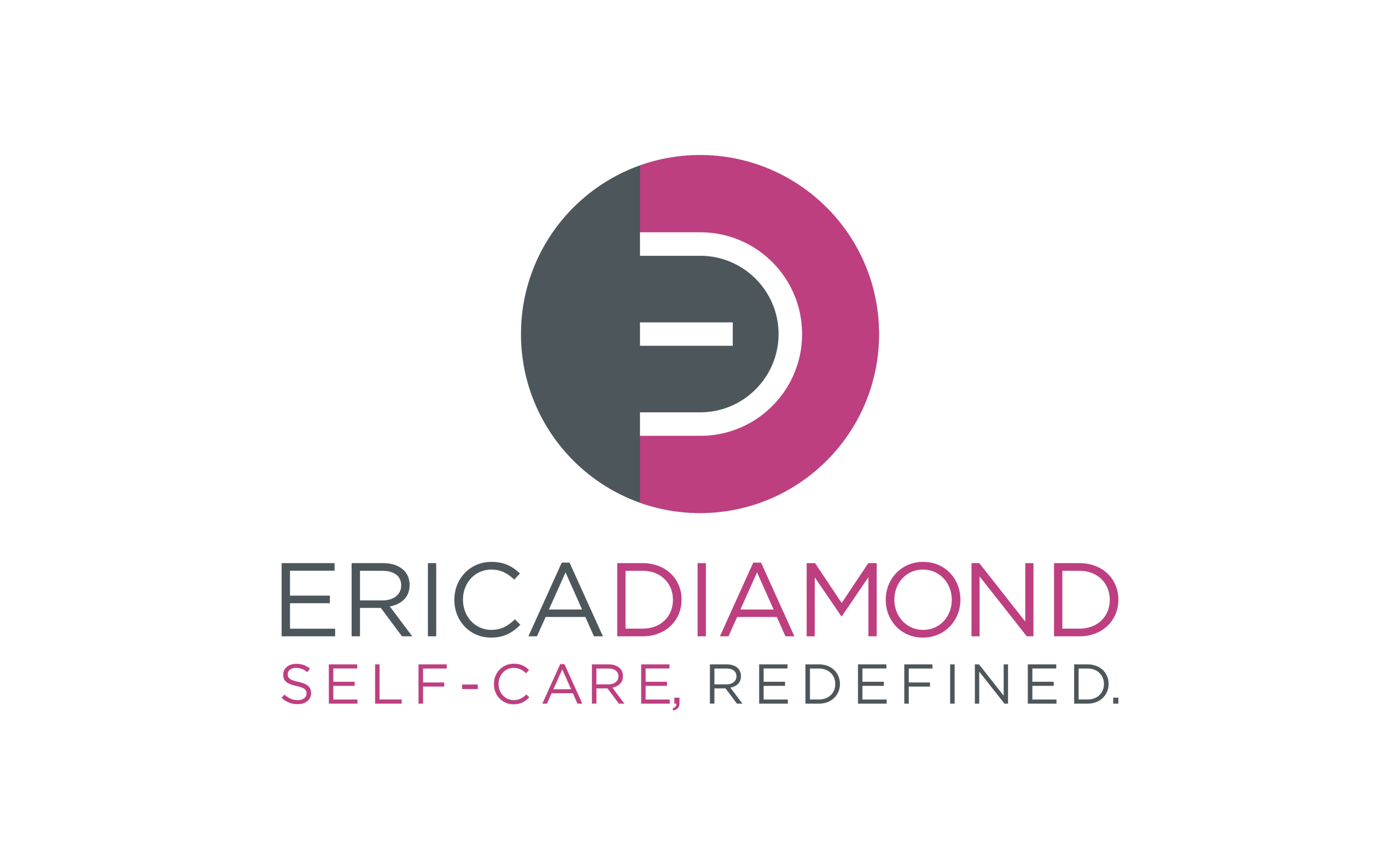
What is the Science of Self-Care?
Today, we’re geeking out in a real way!
Today I want to welcome you to science-based research as it pertains to self-care. I know you can handle it. 😉 It’s not that dry, it’s quite interesting, and to truly understand the real reasons to prioritize self-care, we must understand the science behind it.
The science of self-care is rooted in the understanding that our mental, emotional, and physical well-being are interconnected. By engaging in regular self-care practices, we can improve our overall health, reduce stress, and enhance our quality of our lives.
Here are some key components of the science behind self-care:
1. Stress Reduction and the Nervous System
- Cortisol Regulation: Chronic stress leads to elevated levels of cortisol, a hormone linked to various health issues such as anxiety, depression, and cardiovascular disease. Self-care activities like meditation, deep breathing, and exercise help reduce cortisol levels.
- Parasympathetic Nervous System Activation: Practices like mindfulness and yoga activate the parasympathetic nervous system, which promotes relaxation and helps the body recover from stress. Want to try yoga? I’ve got you. I have a beautiful little 10-minute yoga practice for you.
2. Mental Health and Emotional Well-Being
- Neuroplasticity: Engaging in positive self-care habits can help rewire the brain, improving mood and emotional resilience. For example, a regular gratitude practice can increase the brain’s capacity for positive emotions. The benefits of journaling are also scientifically proven for mental health and emotional well-being. I’ve you’ve been curious about journaling and do not know where the begin, please check out my bestselling journal, LIST YOUR GOALS JOURNAL: 100 Lists to Inspire and Motivation Your Growth.
- Hormone Balance: Activities that promote well-being, such as exercise, spending time in nature, or engaging in hobbies increase the production of neurotransmitters like serotonin and dopamine, which are associated with feelings of happiness and contentment.
3. Physical Health Benefits
- Immune Function: Self-care practices like adequate sleep, proper nutrition, and regular physical activity can strengthen the immune system, making the body more resilient against illnesses.
- Cardiovascular Health: Stress management through self-care reduces the risk of heart disease by lowering blood pressure and improving heart rate variability.
4. Cognitive Function
- Improved Focus and Productivity: Regular self-care, especially activities that provide mental rest, like taking regular breaks and unplugging, can enhance cognitive function, leading to better focus and productivity.
- Neurogenesis: Certain forms of self-care, such as physical exercise, and yes, even sexual activity, have been shown to promote neurogenesis, the growth of new neurons in the brain, which is essential for learning and memory.
5. Social and Relationship Health
- Boundary Setting: Effective self-care involves setting boundaries, which can improve relationships by reducing resentment and burnout.
- Social Support: Engaging in social self-care by maintaining healthy relationships and seeking support from others can buffer against stress and improve overall well-being.
The science and benefits of self-care are REAL, and they’re SPECTACULAR.
Self-care is about understanding how deliberate actions and habits can positively affect various aspects of our health. It’s not just about treating ourselves, but about fostering long-term physical, emotional, and mental wellness so we can THRIVE in all facets of our lives.
If you are curious about learning more about my 4-step scientifically-proven blueprint to self-care, click the image below.
In self-care and wellness, Erica




